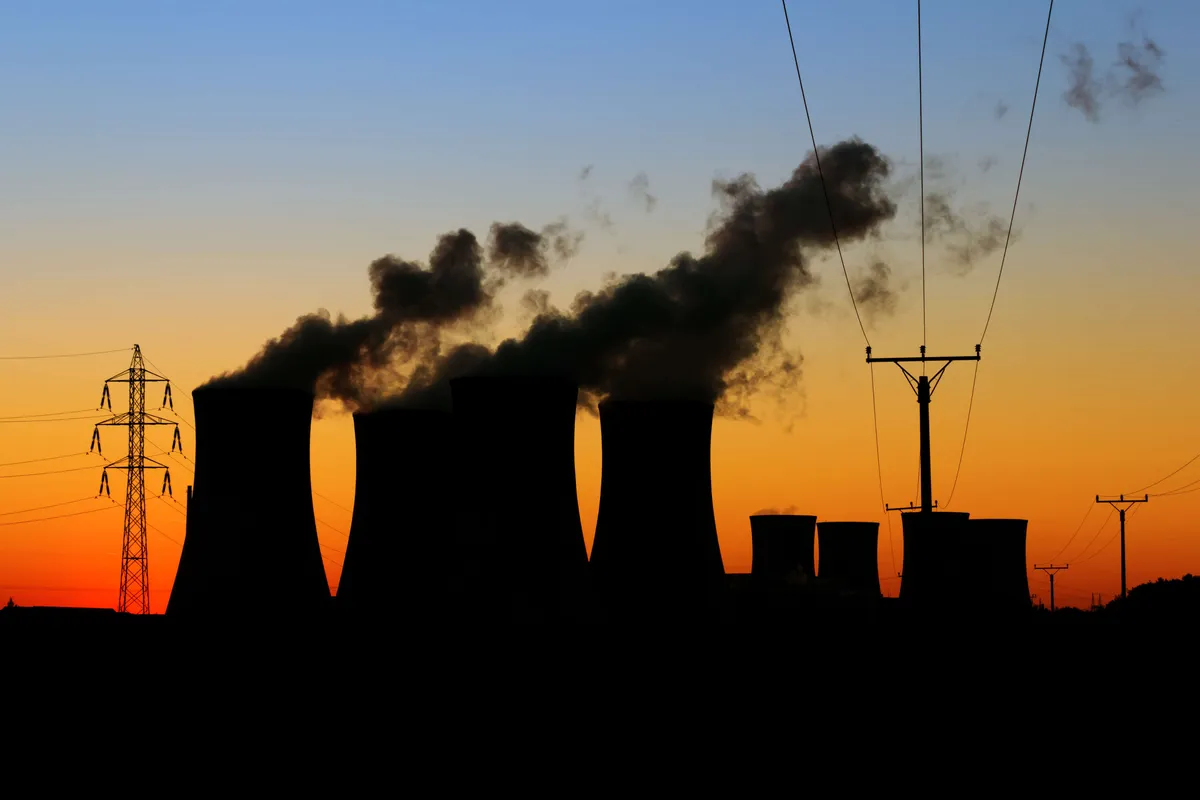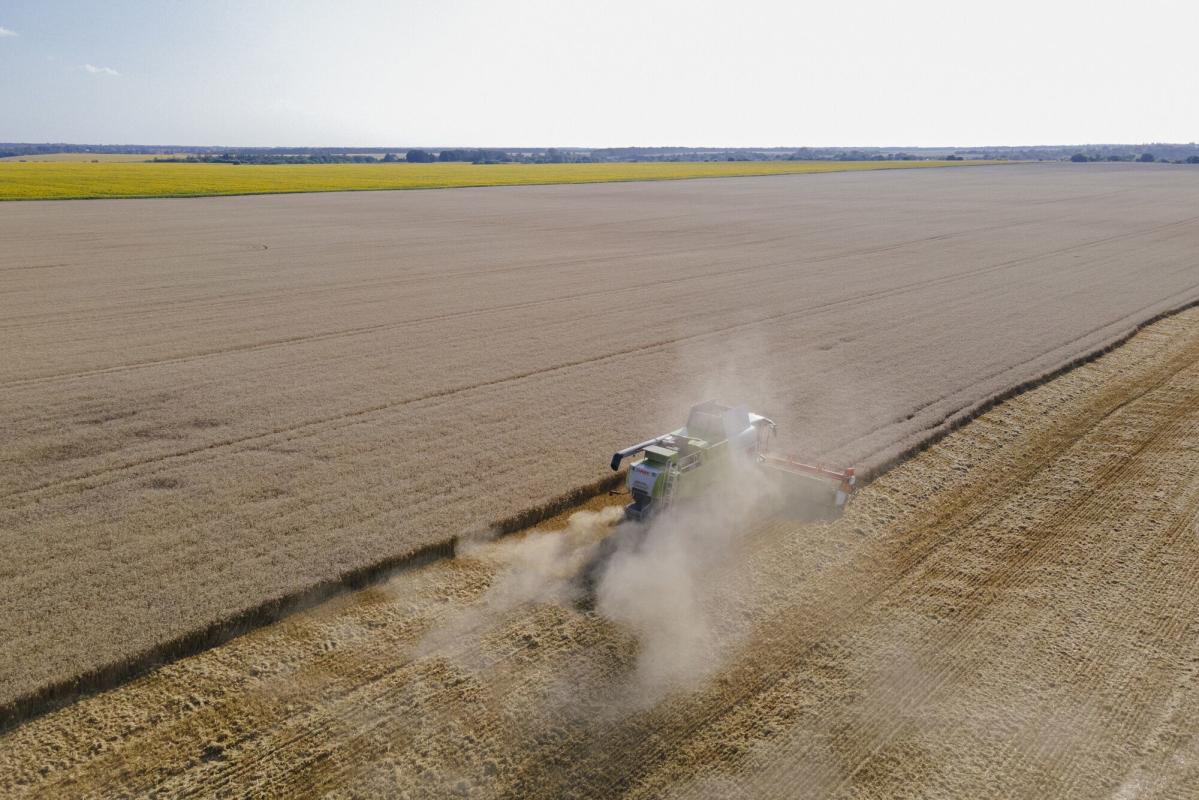Hupac, a leading transport company in Europe, is facing a tough time as rail volumes have dropped by nearly 12 percent. This decline poses challenges not only for the company but also for Switzerland’s transportation goals. To combat this crisis, Hupac has implemented a savings program named after the Nordic god Thor.
In early 2023, Hupac’s management recognized the need for drastic measures to prevent significant financial losses. The company’s CEO, Michail Stahlhut, described the situation as requiring the use of Thor’s big hammer. The Board of Directors Chairman, Hans-Jörg Bertschi, confirmed that they have been in crisis mode for the past year. Despite the eco-friendly nature of rail transport, Hupac is facing numerous challenges due to decreased demand caused by economic slowdowns in Europe and other factors such as increased energy costs and delays in train schedules.
Germany remains a primary bottleneck for freight transport and requires innovative solutions to address capacity issues. Bertschi advocates for Switzerland to invest in expanding rail connections to alleviate strain on German networks and enable smoother transportation of goods. The long-term outlook for Hupac is uncertain due to these challenges highlighting broader issues facing the rail freight industry in Europe. Without necessary investments and improvements in infrastructure, the shift from road to rail transport may be hindered, leading to potential setbacks in environmental and economic goals. Collaboration between countries and companies is essential to overcome these obstacles and ensure a sustainable future for transportation in Europe.
The challenges faced by Hupac reflect those faced by other companies operating in the rail freight industry. However, with proper investment and improvements in infrastructure, this shift can lead towards a more sustainable future for transportation while reducing carbon emissions.
Hupac’s CEO explained that they are taking action by implementing cost-cutting measures such as optimizing routes and reducing staff hours while still maintaining high standards of service quality.
Additionally, Hupac has partnered with other logistics companies to explore new markets and expand their network further across Europe.
Bertschi added that it is crucial for governments across Europe to work together towards creating a more efficient railway network that will help businesses thrive while reducing their carbon footprint.
Overall, despite these challenges faced by Hupac and others operating within this sector


